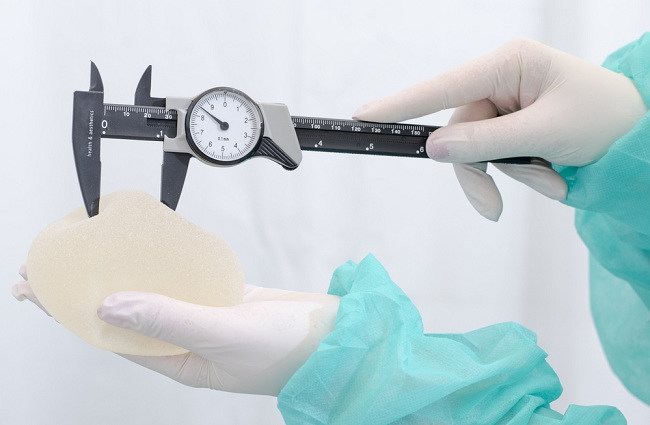Fetal stress is a condition that should not be left for too long. If your baby is under too much stress in the womb, he can experience serious complications that can affect his health and development.
Everything pregnant women do will have an impact on the health and development of the fetus in the womb. One of the effects that can occur if pregnant women do not take care of their health is that the fetus becomes stressed.

This condition needs to be treated immediately, because if not, various pregnancy complications and health problems for the fetus can arise. To find out more about fetal stress and what the dangers are, come on, see the following reviews.
Why Fetus Can Be Stressed?
There are several conditions during pregnancy that cause or increase the risk of the fetus experiencing stress, including:
- Pregnant at the age of 35 years or older.
- Suffering from health problems during pregnancy, such as high blood pressure, anemia, infection, preeclampsia, or diabetes.
- Being overweight or obese during pregnancy.
- Pregnant with twins.
- Have a history of infant death in the womb (stillbirth).
- Suffering from nutritional deficiencies, so that the impact on the size of the fetus is smaller than the size of the fetus in general (IUGR).
- Amniotic problems, such as having too much or too little amniotic fluid and amniotic fluid embolism.
- Smoking while pregnant.
- Pregnant up to 42 weeks or more but still not showing signs of labor (post-term pregnancy).
- Having psychological problems, such as depression or anxiety disorders, during pregnancy.
How to detect that the fetus is under stress
Feeling the movement of the fetus is the easiest way to tell if the fetus is stressed or not. Fetal movements tend to change as it develops in the womb.
However, if you feel that his movements are less frequent than usual or suddenly stop moving altogether, then it could be a sign that he is stressed. If this happens, you should immediately see a doctor for further examination.
In determining whether the fetus is under stress or not, the doctor will perform a physical and supporting examination, such as ultrasound and physical examination cardiotocography (CTG).
The suspicion of the fetus experiencing stress will be higher if the results of the doctor's examination show:
- Fetal oxygen needs are not met (hykopsia).
- The size of the fetus is smaller than the size of the fetus at his age.
- The fetal heart rate is too slow or too fast.
- Pregnancy complications, such as preeclampsia or diabetes.
- Amniotic fluid contains feces (meconium).
If the initial examination shows one or more of the signs above, the doctor may perform a follow-up examination to confirm the condition. In addition to diagnosing, the follow-up examination also aims to determine the treatment that will be carried out to overcome the stress experienced by the fetus.
The Bad Impact of Fetal Stress and How to Prevent It
Fetuses who experience stress should receive immediate treatment. If left unchecked, the condition can get worse and potentially cause serious complications in the form of brain injury to the fetus. In more severe cases, stress can increase the risk of the fetus experiencing fetal distress. If not treated immediately, this fetal distress can cause the fetus to die in the womb.
Not only that, complications can also be experienced by the fetus due to swallowing feces (meconium) contained in the amniotic fluid. These complications can be in the form of blockage of the fetal respiratory tract.
There are several ways you can do to prevent the fetus from experiencing stress, including:
- Drink more water to avoid dehydration.
- Lie on your left side while sleeping so that the uterus does not press on the main blood vessels of the body. Compressed blood vessels can block blood flow to the placenta and fetus.
- Stop using drugs for a while or consult your doctor first before taking certain drugs.
- Cope with stress during pregnancy by doing relaxation, exercise, and adequate sleep.
If the baby in your womb experiences stress before the time of delivery, the doctor will recommend that the baby be delivered immediately. The method of delivery that will be carried out depends on how far the stages of labor you have gone through.
You can still give birth normally with the help of tools, such as a vacuum or forceps. If normal delivery is not possible, then the doctor will recommend delivery by caesarean section.
Fetal stress is a dangerous condition, but pregnant women often do not realize it. Therefore, make sure you do regular obstetric checks to the gynecologist. Doctors not only help you prevent fetal stress, but also recommend efforts you can do to maintain the health of you and your fetus.









